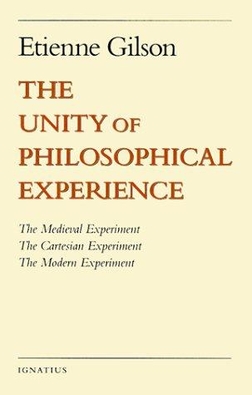I stammer and stumble, searching for words. Some days, I am like the stranger I recently saw standing on wobbly legs, hollering and pointing at someone across the street who isn’t there. I wobble and shake my finger at those on the other side of the street. On other days, or later the very same day, I see other strangers rush into the street where the man on the corner has fallen or laid down in the middle of the street. It’s morning rush-hour. Two men stop traffic to protect the man; the other four rescuers struggle to get the man to his feet, one on each arm, and pull him to the curb, the way soldiers often do in times of combat.
The rescuers didn’t see themselves as rescuers. They just did the right thing, the compassionate thing, the kindly thing. None of us, so far as I recall, introduced ourselves before or after pulling the man from the street. A month later, it dawns on me that the courage and goodness of that day had acted out the spirit of the words that dismiss worshipers to live in the Way of Jesus:
Go out into the world in peace;
Book of Common worship, Presbyterian church (USA)
have courage;
hold on to what is good;
return no one evil for evil;
support the weak;
help the suffering;
honor all people;
love and serve the Lord;
rejoicing in the power of the Holy Spirit.
As a pastor, I’d like to think worshipers take these words as a description of the Way of Jesus, and as a call to put our feet where our mouths have been.
Talk of revenge – “I am your revenge” – hurts my soul. The applause hurts more, like watching the sword pierce Christ’s side again. “Father, forgive them, for they don’t know what they’re doing.” In Jesus’s name, we say Yes to the seduction of power to which Jesus says No. “Then the devil took him to a very high mountain and showed him all the kingdoms of the world and the glory of them,” and tells him it can all be his, if he will bow down and worship him. Jesus tells Satan to take a hike: “Begone, Satan!”
Stamping out evil with evil is not the Way of Jesus, and is out of sync with the Sermon on the Mount. “You have heard that it was said . . . but I say to you . . .”. “You have heard that it was said ‘An eye for an eye a tooth for a tooth.’ But I say to you, ‘Do not resist one who is evil.’” “You have heard that it was said, ‘You shall love your neighbor and hate your enemy. But I say to you, ‘Love your enemies and pray for those who persecute you, so that you may be children of my Father in heaven, for he makes the sun rise on the evil and on the good and sends rain on the just and on the unjust.’” Pushing aside one’s enemies, calling them communists, socialists, traitors, pedophiles, kidnappers, or Democrats, is out of accord with the Way of Jesus. Kindness, not meanness, is the Way of Jesus.
Good and evil are rarely easy to define or separate. We live in an ambiguous world where the temptation of hubris overwhelms us. Some days I find myself lying in the middle of the street only to be pulled to the curb by strangers and friends who, whether they know it or not, manifest the Way of Jesus.
Gordon C. Stewart, Presbyterian Minister, public theologian, author of Be Still! Departure from Collective Madness (2017, Wipf and Stock), Brooklyn Park, MN. November 11, 2023












